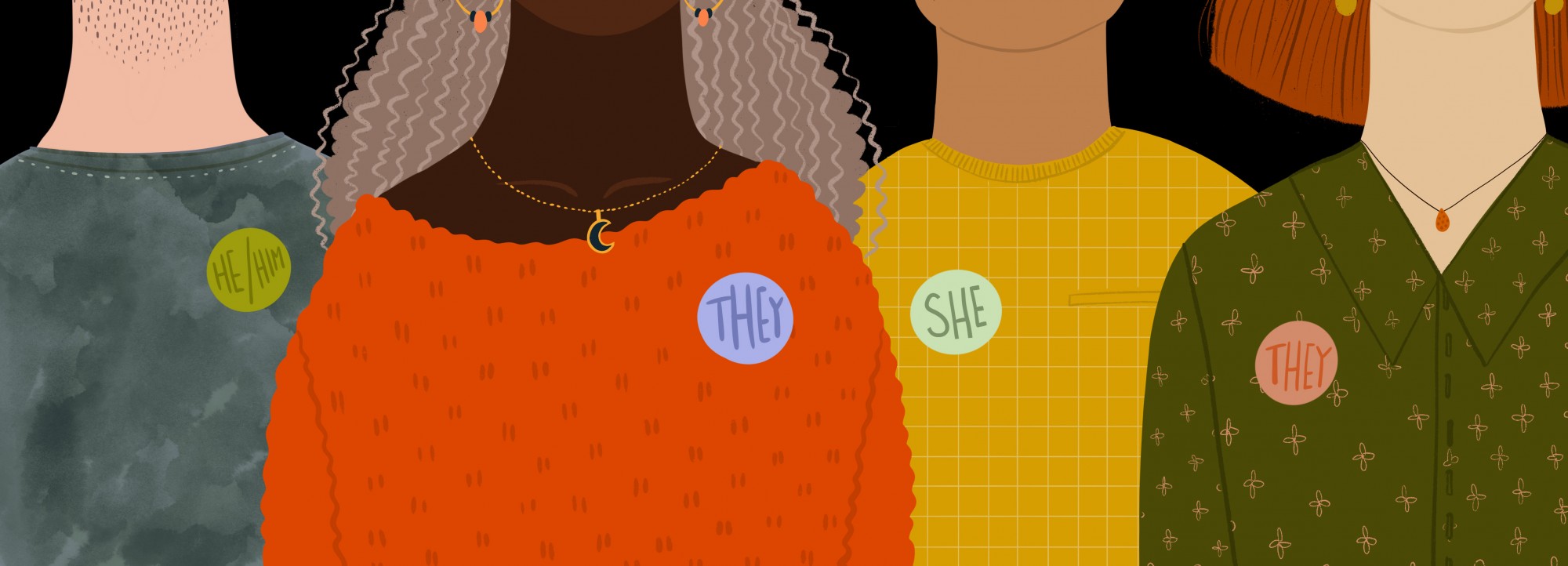A policy on gender identity and expression nearly three years in the making was enacted by the President’s Policy Committee last Friday.
The decision comes after 18 months of systemwide University consultation and a recent comment period on the policy. It aims to help ensure University of Minnesota members can identify and be identified by their specified names and gender pronouns.
Previously, a draft of the proposed policy included language implying disciplinary action following noncompliance with the policy, including “up to firing or expulsion.”
Earlier this year, the Office of Equal Opportunity and Affirmative Action responded to complaints of free speech infringement by excluding that language altogether, claiming that existing Board of Regents provisions would take care of potential issues.
A recent survey with 330 completed responses conducted this fall by the Hubbard School of Journalism and Mass Communication found that 84 percent of surveyed University students felt either very comfortable or somewhat comfortable “using gender-neutral pronouns if they were asked to do so.”
This is compared to 9 percent of students who reported they would be somewhat uncomfortable and 7 percent who would be very uncomfortable. This survey has a margin of error of 5.4 percentage points.
The Minnesota Daily talked to students across campus about their thoughts and feelings on gender pronoun usage and a policy encouraging it.
Jackson Baril, MBA student from Shorewood, Minnesota
“I understand that you can change your preferred name now more easily, which I think [is] a good step. I think it’s important that students start the class off with people using the correct pronouns so that they can feel comfortable and open in that environment right away.”
Esteban Bedoya, senior from Rochester, Minnesota
“I can’t really say I’d know much about the pronoun policy . . . I would agree [that the U needs a policy]. I think everyone deserves to be called by the right pronoun that they identify with. I don’t think that I would want to be called a pronoun that I don’t feel represents who I am. I think it’s a very good idea that there is a policy to kind of makes sure that everyone has that right to be called by their right pronouns.”
Keaton Sieve, senior from Jordan, Minnesota
“[Students] should be able to [dictate their pronouns] … It’s their right. Why not? It doesn’t affect anyone else in a negative way.”
Halle Kruchoski, freshman from Delafield, Wisconsin
“I think [a policy] is necessary just to make everyone feel welcome and comfortable here. I can’t see any reason why we wouldn’t have one or why anyone would be against it.”
Elgin Lee, master’s Student from St. Paul, Minnesota
“I believe letting people be comfortable in what they’re called is important … Honestly, I don’t know what should happen [if a professor were to refuse to use a person’s correct pronouns] but I think it’d be very disrespectful if they don’t follow whatever policy is in place.”
Ranita Badudu, master’s Student from Indonesia
“I think there shouldn’t be [a policy] just because I think people should have enough awareness just not to insult other people. I get training for it as a TA … I do make an effort. One of my students uses ‘they’ and I tend to forget a lot when I’m not talking to them directly, but when I’m talking to them I don’t normally forget … My country isn’t developed enough to even begin thinking about that. Its still working to feed its people so [pronouns] aren’t really a priority right now.”














